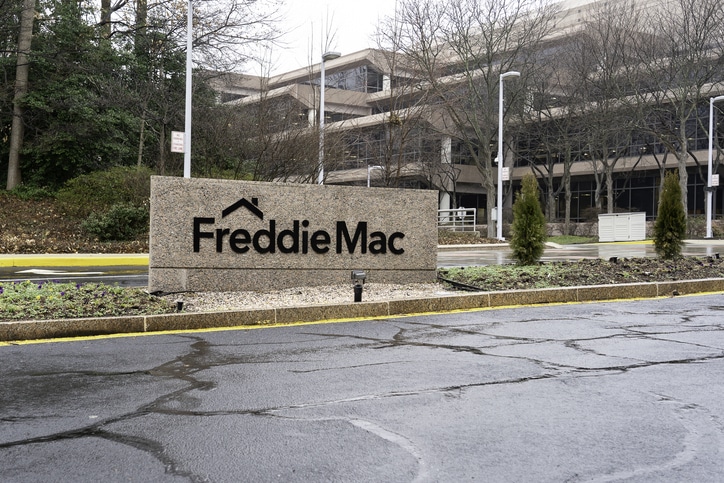Source: Bankrate —
The U.S. economy is a complex system of interconnected components. To keep money flowing efficiently throughout these components, the federal government lends a helping hand in the form of government-sponsored enterprises, or GSEs. Over the years, Congress has created GSEs that improve the flow of credit and add stability, affordability and liquidity to different areas of the economy, including housing.
Fannie Mae, Freddie Mac and the Federal Home Loan Banks are three GSEs that help bring and distribute cash to the real estate market. Here’s what to know about them.
How do government-sponsored enterprises work?
A government-sponsored enterprise is a kind of financial services entity created by Congress to help increase the flow of credit and cash to different sectors of the economy, including the housing sector.
“GSEs operate in a manner similar to private corporations, but with a public purpose,” says Andrew Lokenauth, founder of the digital community Fluent in Finance. “They help expand credit and reduce borrowing costs, offering benefits to consumers and borrowers.”
Being regulated by the government helps keep affordability in check for GSE products, like Fannie Mae or Freddie Mac mortgages. “GSEs can, for example, offer security and guarantee for loans by purchasing loans from the primary market and reselling these loans to investors on the secondary market,” says Kevin Garcia, a real estate broker with WLM Financial in Inglewood, California.
And while GSEs do not lend money directly, the fact that they guarantee third-party loans provides a valuable safety net for lenders. “In the event of an economic catastrophe, everyone who does business with these companies will still have their money,” says Martin Orefice, founder of Rent To Own Labs.
Housing sector GSEs

















